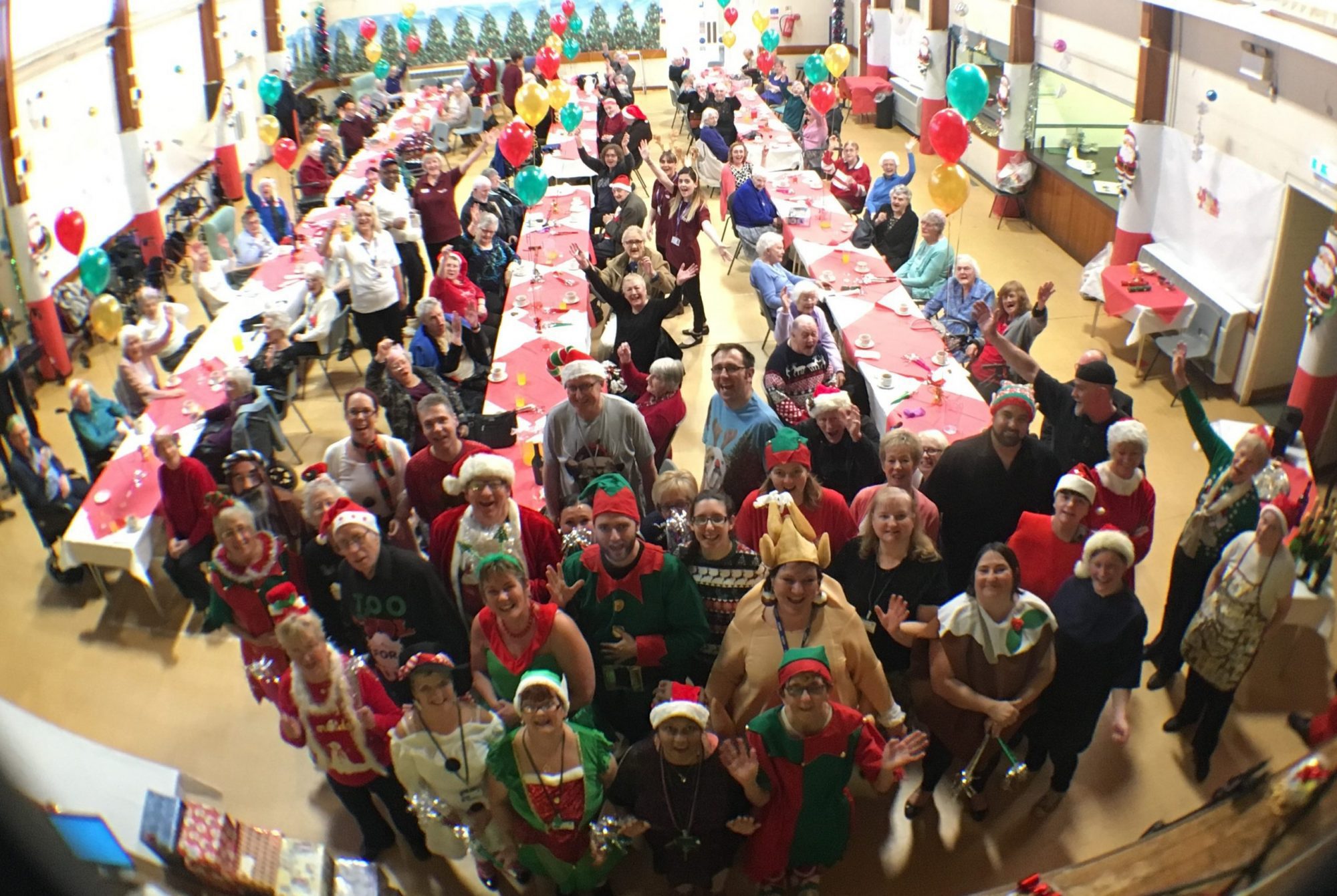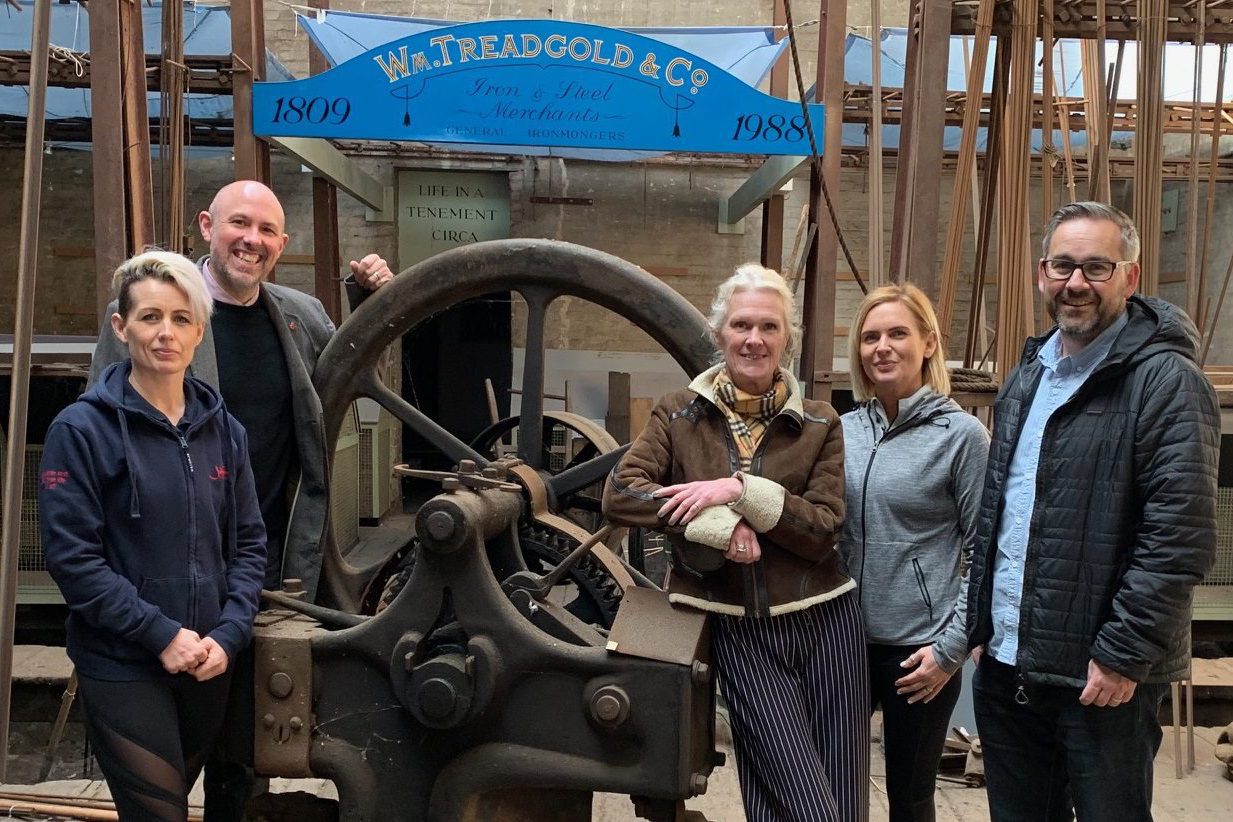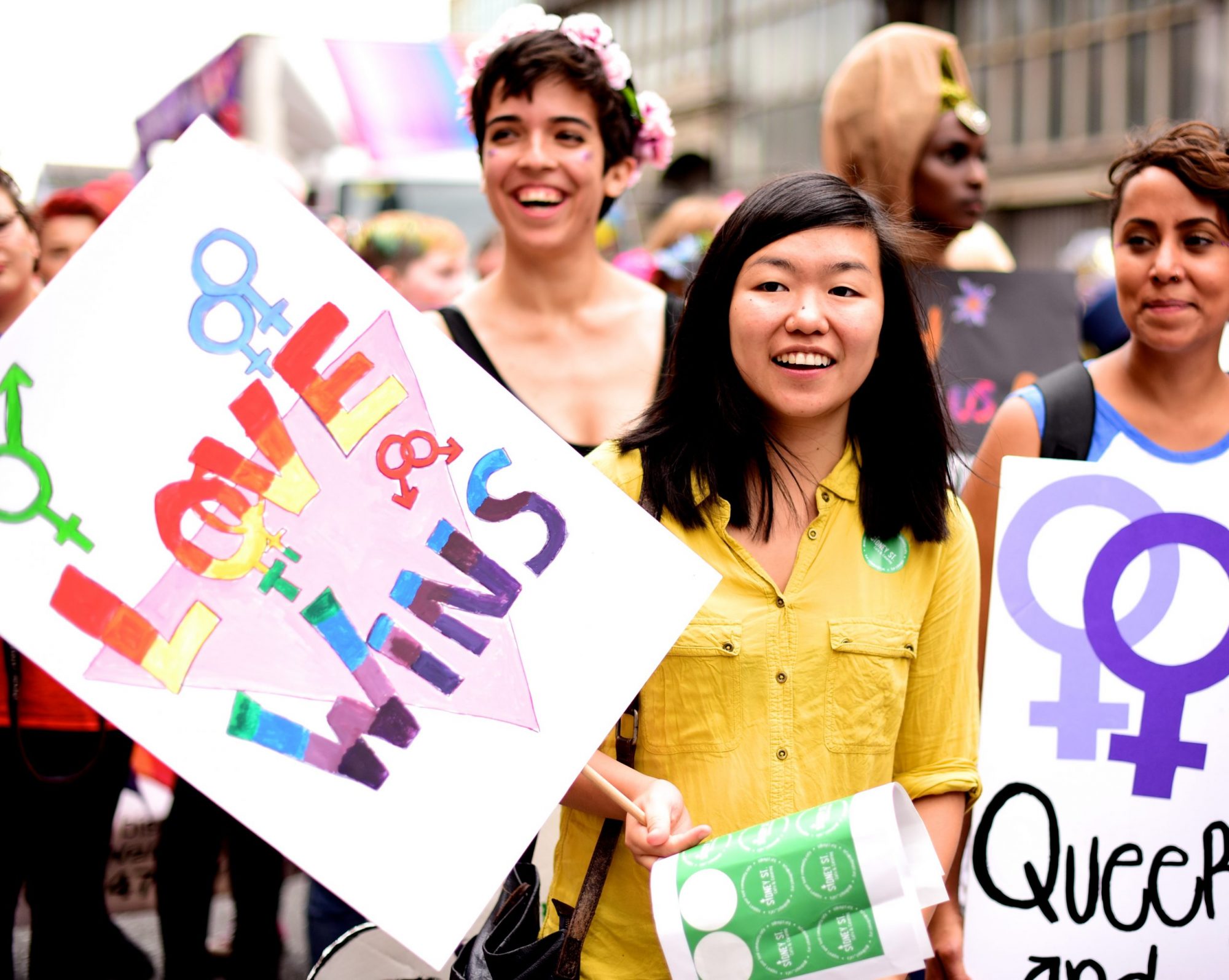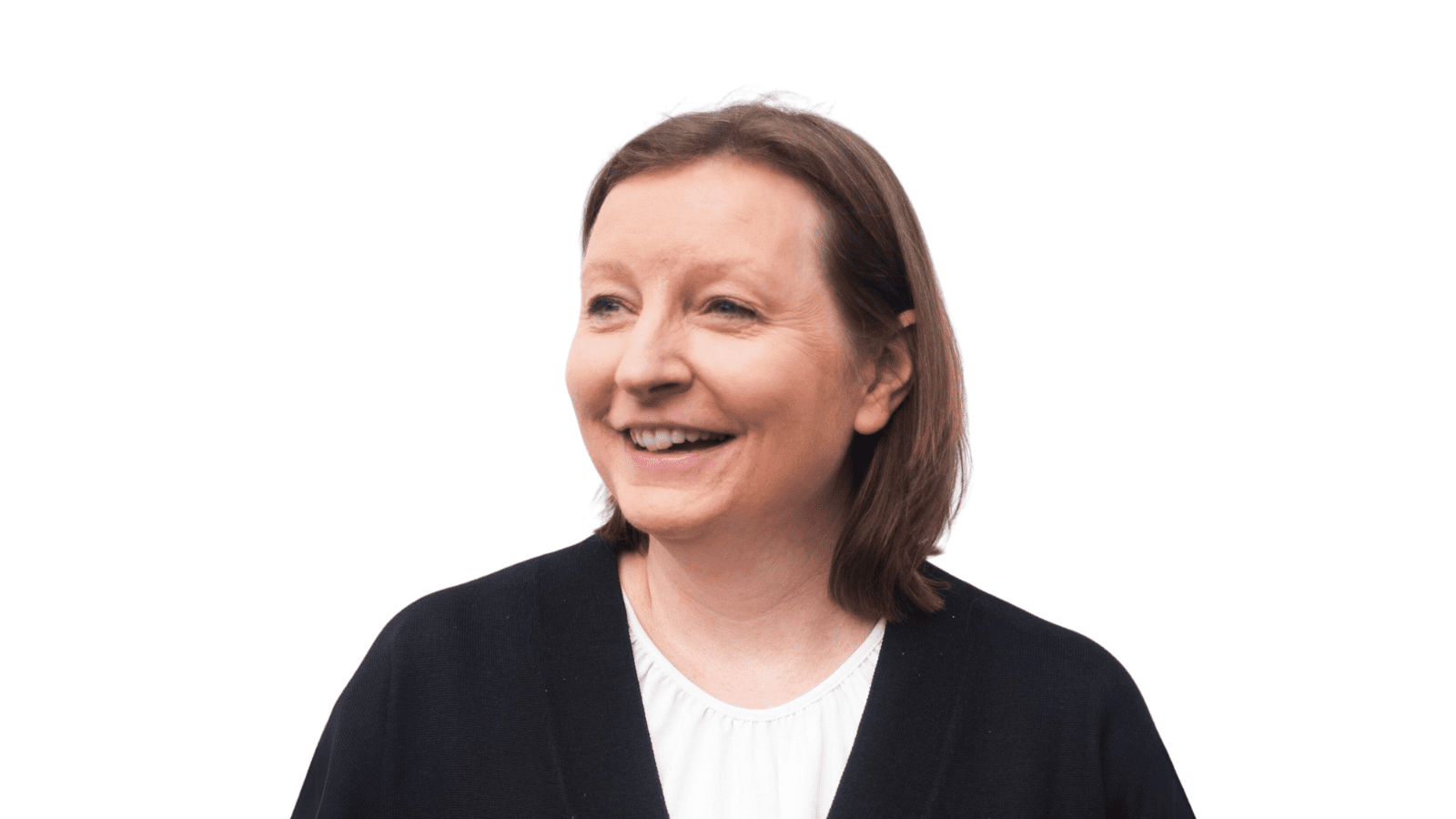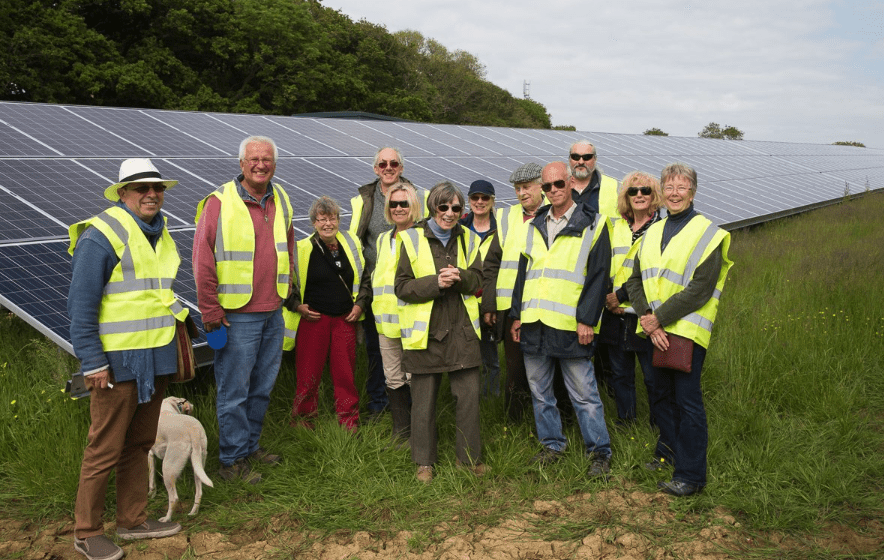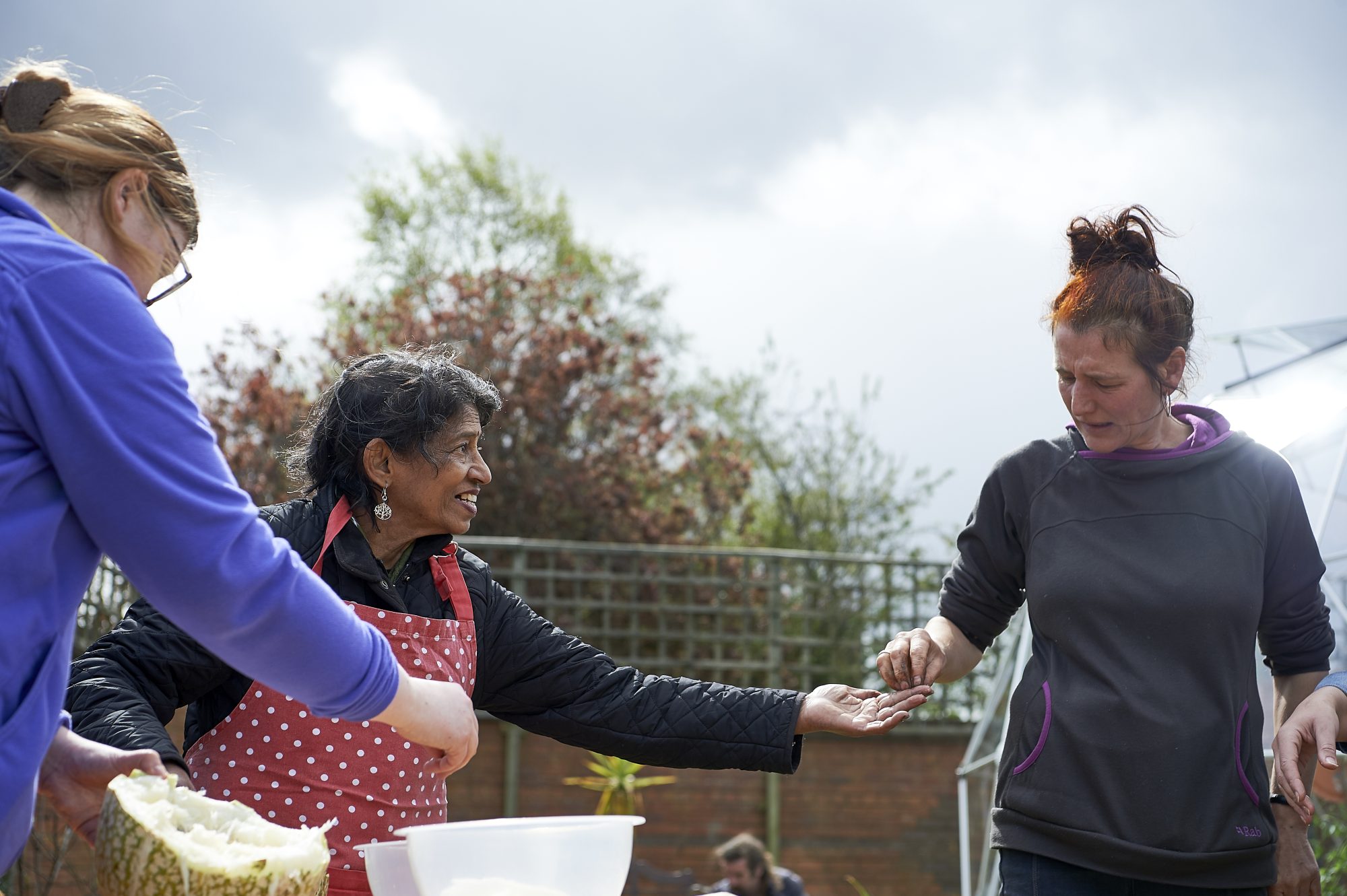Projekts MCR is a skatepark and community development organisation in Manchester that provides a space for young people and their families to enjoy skateboarding, meet and connect with others, and access wider social support.
Young people and young adults play a central role in the running of Projekts MCR and most of the team members are aged 35 or under. The skatepark employs two operational Managers alongside a pool of coaches, a staff team for the cafe, and several volunteers. Some of these employees are part of the community development team, a group of full-time coaches who work with schools and community partners to promote access to skateboarding.
John Haines, CEO and managing director, co-founded Projekts MCR when he was 23 years old. When skateboarding was banned in public spaces of the city in 2001, John and a group of friends fundraised and worked with Manchester City Council to take over the underused land under the Mancunian Way, the motorway that circles Manchester, in the southeast of the city, and transform it into a thriving skatepark and community hub that now is used by over 6,000 people a year. For John, Projekts MCR is all about people and community: “Community and skateboarding go hand in hand. Skateboarding shouldn’t be something that’s only accessed by people with the means. We turned a piece of land that would have been synonymous with crime into a lively community space, a safe place for people to bring their children, a place where people learn new skills and express themselves creatively. And that’s for the parents as well – we want them to feel as though they are looked after and cared for as much as the children and young people. Generating community in those different ways is really rewarding.”
Initially John and the team focused on making the skatepark operational and welcoming, securing funding for ramps, floodlights, electricity and heating, and opening the cafe. They also developed new programmes and sessions for women and girls. As the organisation grew, the team needed a more formal relationship with the council. Making use of Manchester City Council’s Community Asset Transfer policy, Projekts MCR successfully obtained a longterm lease on the site. This took more than three years to negotiate but unlocked the team’s ability to apply for capital funding.
Within three months of obtaining the lease they had raised over £660,000 and a further £1 million in the 12 months that followed. Over the following years, further funding was secured from a wider range of funders and external sources, including a community share issue which raised over £130,000 from the local community after match-funding. This has helped them to expand further and deliver new social inclusion activities and projects, including a homework club and a support group for parents who home educate their children.
With more space and activities to meet interest, the team has seen attendance increase three-fold, while the proportion of female skaters has grown from one per cent to over 24 per cent. At the same time, turnover increased by over 70 per cent and the core team grew from 20 to 26 staff.
Louis Carroll (age 18) is a skateboarding coach at Projekts MCR. He first skated in the park as a teenager, and then got involved as a volunteer after his mum heard about the opportunity. He started off volunteering during Projekts MCR’s Saturday sessions and his role evolved from there. “A lot of volunteers try and get away with doing the bare minimum. But I didn’t really know what was expected of me. I kind of just presumed that I was doing the same thing as I saw John and the team doing – coaching. Looking back now, I guess most people just presumed I was one of the coaches too. In late May last year, a couple of parents started requesting private lessons for their children with me specifically. So, John was like, ‘we’re going to have to start paying you for that now!’”
Based on the impact he made as a volunteer, Louis then started doing paid private lessons, and after a couple of months was offered a permanent role on the Projekts MCR team. He now coaches four open sessions a week, as well as covering shifts in the cafe. After he leaves college this summer, he hopes to pick up more hours. For Louis being part of the organisation has made a significant difference to his direction in life: “The job has changed everything for me, more than I ever expected, by giving me a job I love. Coaching doesn’t feel like work, even though it can be difficult and stressful, I still have fun doing it. I’m constantly tired because I try so hard. The feeling of boosting other people’s confidence through coaching, and seeing them overcome their fears, is so rewarding for me. If I wasn’t coaching, I don’t know what else I would do doing, I can’t imagine anything else I’d enjoy as much.”
Enabling young people to be leaders is an important part of the decision-making process at Projekts MCR. The team has regular vision days which give board members and staff members an opportunity to come together to plan and shape the direction of the park. This initiative provides a vehicle for feedback, and for young people to influence the direction of the organisation. For example, one of the team’s goals is to reach more young people in the city, particularly those in disadvantaged areas and those who are disengaged from formal education. John is passionate about supporting the team to be leaders in their lives as well as through their work at Projekts MCR.
“We want to make everyone a leader in their own life, not just at work. We want them to be good leaders and take their responsibilities seriously. So we want to equip them with everything they need to do that.”
The community development team are now also creating a formal Youth Committee to provide a voice for young people and a steer for the board of directors. This initiative will encourage young people to give the team insights into how to improve the skatepark.
![Projekts MCR, 2021 [Credit Owen Peters] (6)](https://b2430903.smushcdn.com/2430903/wp-content/uploads/2022/06/Projekts-MCR-2021-Credit-Owen-Peters-6.jpg?lossy=1&strip=1&webp=1)
